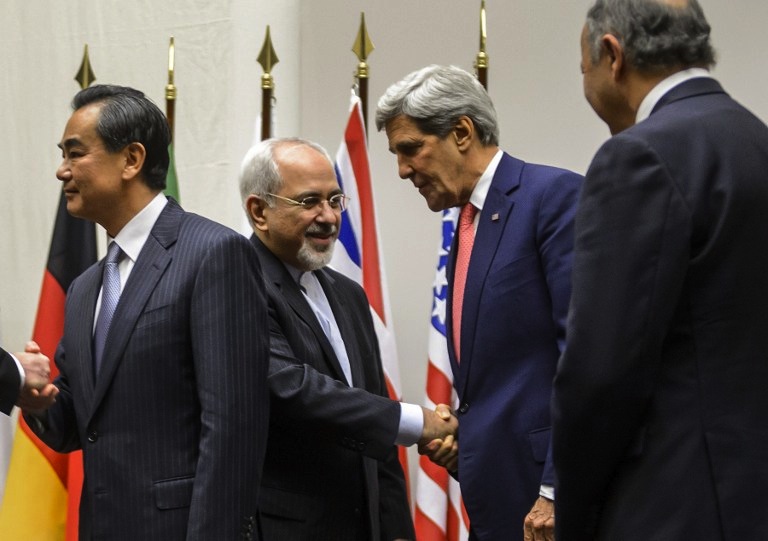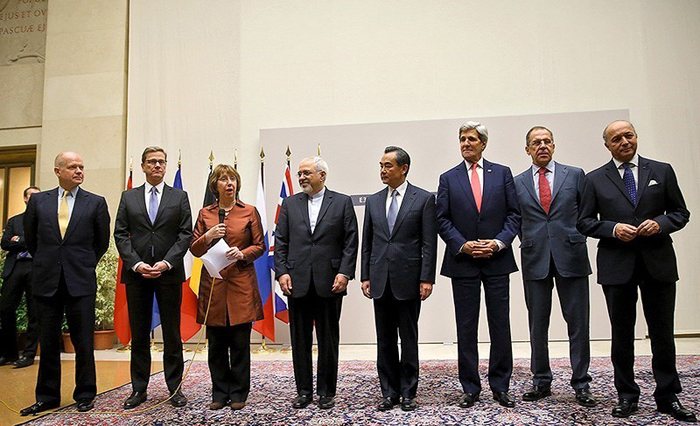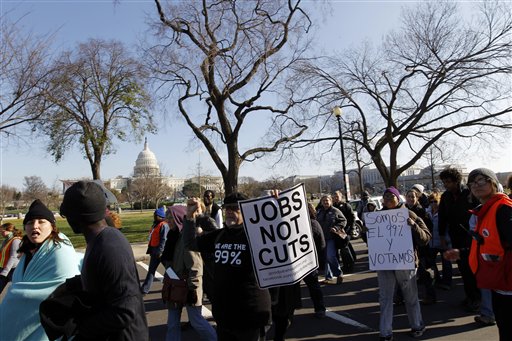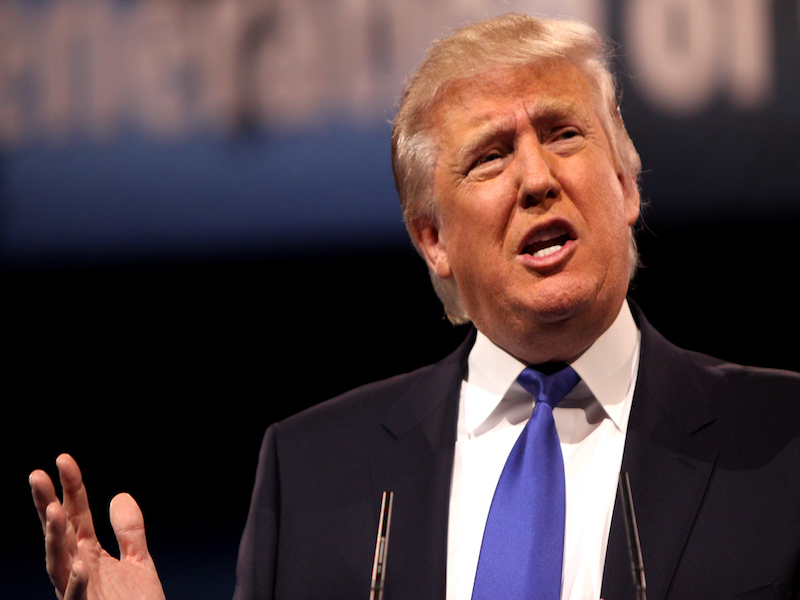Iran and the P5+1 have agreed on the terms that will dictate the six-month implementation period of the interim Geneva agreement signed last November.
Negotiations on Iran’s nuclear dossier intensified following the election of pragmatic conservative President Hassan Rouhani. His appointment as Iran’s top diplomat, Mohammad Javad Zarif, helped lay the groundwork to reach the landmark Joint Plan of Action on November 24, which ended the diplomatic impasse visible during the previous administration.

Beginning this week, “Iran will for the first time start eliminating its stockpile of higher levels of enriched uranium,” President Obama said in a statement, in exchange for modest sanctions relief reportedly valued at roughly $8 billion. In addition to the monitoring of the International Atomic Energy Agency (IAEA), a joint commission will be created to oversee that both sides adhere to their commitments under the Geneva agreement.
The announcement came last week amidst debate in the United States over a newly introduced bill, which if passed, could threaten to dismantle the diplomatic advances made by the Obama and Rouhani. The bill, introduced by Sens. Robert Menendez (D-NJ) and Mark Kirk (R-IL), entitled the “Nuclear Weapon Free Iran Act of 2013” breaks from the Geneva agreement by demanding that Iran be denied any enrichment capability, as well as threatening further sanctions.
While hardliners in both countries oppose aspects of the Geneva Joint Plan of Action and register compromise as a sign of weakness, the Obama and Rouhani administrations represent the first politically-optimum opportunity for the two countries to begin a formal process of rapprochement, signaled by the rigorous diplomatic efforts since Rouhani’s August inauguration.
ROUHANI AND ONWARDS
While it came as a surprise to many Western observers, statistics show three quarters of eligible voters turned out to elect Hassan Rouhani as President in the first round of a six-ballot election.
Since his election, Rouhani has laid out his government’s vision of a constructive approach to foreign affairs and maintained that his priorities were to lessen the impact of sanctions and reintegrate Iran into the global community. His nominee for foreign minister, career-diplomat Javad Zarif, was originally hailed as an “olive branch” to the United States.
During his tenure as Permanent Representative of Iran to the United Nations in New York (2002-2007), Zarif befriended many American officials who now hold high ranking position in the Obama administration, such as current VP Joe Biden, who in 2007 referred to Zarif as someone who “can play an important role in helping to resolve our significant differences with Iran peacefully.”
Several rounds of difficult negotiations culminated in the early hours of November 24, when the seven ministers stood in a line to announce the deal, and American and Iranian officials shook hands for the first time in 35 years.
Negotiations on how to implement the accord began in December, and it was quietly announced last week that “a clear roadmap in terms of the timing and sequencing of the steps that will be taken by Iran and by the international community,” had been agreed upon.
In mid-December, Iranian diplomats cut talks with world powers short after the US Treasury blacklisted additional entities under the sanctions regime, citing that these moves went against the spirit of negotiations. Iranian lawmakers have already threatened to enact legislation authorizing the country’s nuclear facilities begin enriching uranium to levels of 60% if the US enacts further sanctions.
President Obama has said he would veto any legislation that authorizes further sanctions on Iran.
The European Union’s High Representative Catherine Ashton said that the deal implemented yesterday begins a process of “nuclear-related monitoring and verification activities” conducted by the IAEA to confirm adherence to the points laid out by the original Geneva agreement.
Iran will neutralize its stockpile of 20% enriched uranium and halt the expansion of its nuclear program, but senior negotiator Abbas Araqchi noted Iran will not halt its efforts in research and development. In return, all petrochemical, gold and precious metal, and automobile sector sanctions will be lifted and $4.2 billion of Iran’s frozen foreign funds will be released in installments over the next six months.
The Geneva agreement represents an opportunity for the United States and Iran to a take mutual step towards ending the hostility evident between the two since Iran’s revolution in 1979.




